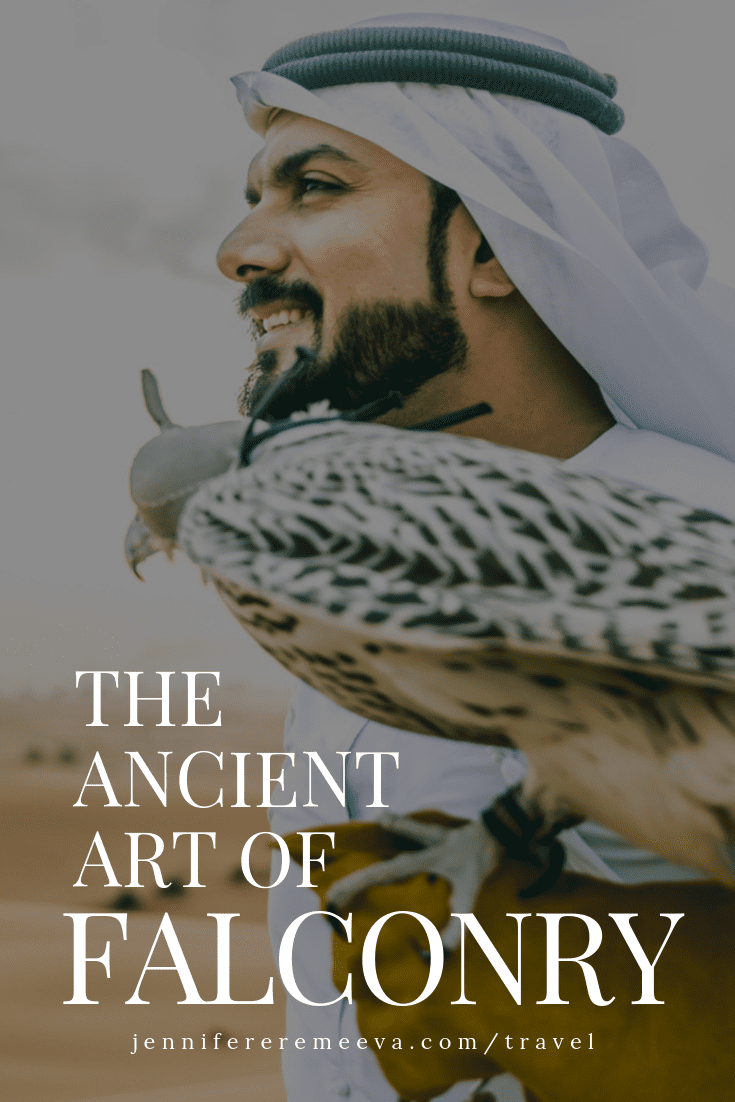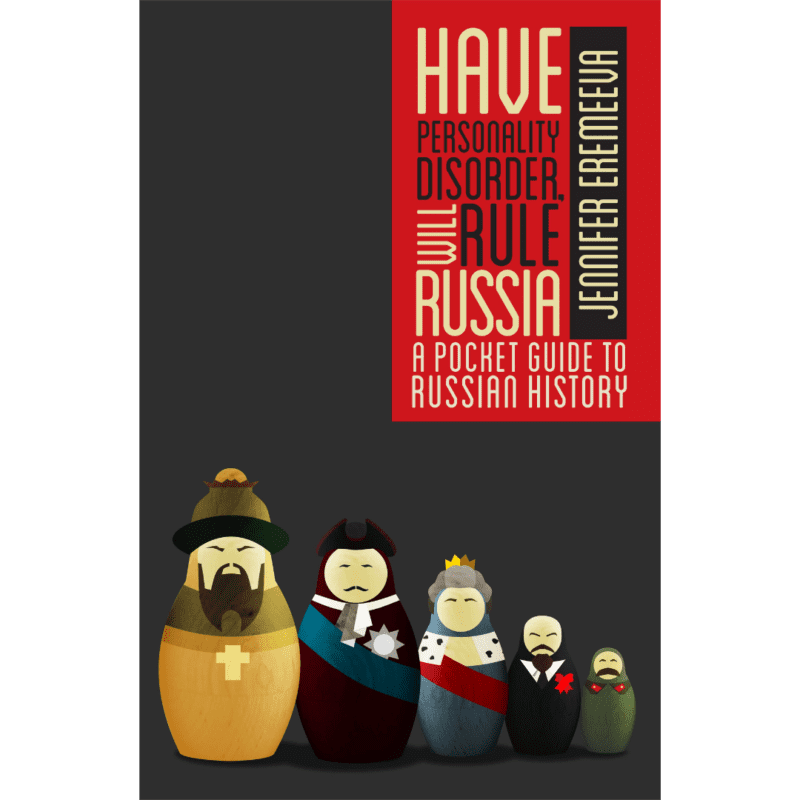Training a falcon takes time and patience — experts estimate two years is the minimum amount of time it takes for a bird and its master to begin to work together effectively, and, they caution, a falcon is not like a dog or a horse: it will never feel any affection for its master. Trust, perhaps. Affection, no.
Falconry’s Enduring Linguistic Legacy
That Frederick was a member of a minor ruling house should not surprise us: falconry in Europe was the sport of royalty and the aristocracy, requiring, as it did, lots of space, lots of time, and lots of money to enjoy. Strict rules governed the type of falcon one could own and operate, depended on rank and birth: the largest and most powerful birds reserved for the ruler himself. From this custom comes the expression “pecking order,” which is just one of the many phrases we use in everyday speech that are direct references to falconry.
- The expression, “wrapped around the little finger” refers to the leather tethers attached to the falcon’s talons called “jesses,” which are kept short when the falcon is younger and gradually loosened and lengthened as the bird goes through its training.
- “Hoodwinked” originates from the leather hood, which falcons wear before they are dispatched to hunt their prey. The hood keeps them calm and unaware of any movement around them.
- “Waiting with bated breath” came into modern language via Shakespeare, who channeled his inner falcon when writing The Merchant of Venice. When a falcon is kept from “bating from the block” or flying from its perch by a short leash, their breath becomes labored and short.
- If you are “at the end of your tether” you feel intense frustration with a specific situation, much as a young, untrained falcon struggles against its instinct to fly away from the block to which it is tethered by a short leash.
- Finally, consider the practice of depriving falcons of food just before a hunt. This ensures that the birds are motivated for the kill: a falcon that is “fed up” will refuse to hunt without being motivated to do so, and merely sit on the master’s gauntlet looking slightly bored.
Where to Experience Falconry
Bloodthirsty and cruel it may seem, but enthusiasm for falconry continues to our day. Declared an Intangible Cultural Heritage in 2010, falconry is widely practiced in Scotland, New Zealand, parts of Europe, India, China, Mongolia, and Pakistan. The real epicenter of falconry, however, is in the Middle East, particularly in the United Arab Emirates, where the custom is intricately linked to both the traditions and lifestyle of the ruling sheiks as well as the practical concerns of the Bedouin, who keep falcons to hunt for food. Falconry, in fact, offers a rare opportunity for these two parts of society to mix. Abu Dhabi boasts the world’s largest falcon hospital and some of its more accomplished falcons and falconers.
Pin and share this article!

Thank you for visiting and enjoying another travel post! I think that travel knowledge is best when shared, so please do weigh in below in the comments section. Have you ever watched a demonstration of falconry? Tell us about it in the comments section below, or via social media.
I write about a wide range of topics. Below, you will find links to the travel, food, and lifestyle sections of this website as well as assortment of recent posts. I hope you enjoy browsing around!
This post was originally researched and written in partnership with Alexander + Roberts, a leading American tour operator offering a range of itineraries to The United Arab Emirates, during which guests visit the Falcon Hospital as well as a demonstration of falconry in the Empty Quarter, the world’s largest desert.
This post does contain affiliate links. Any purchases you choose to make via these links will net me a small commission from the retailer. I use these funds to support the maintenance and development of this website.
Photos courtesy of Shutterstock.
I hope you’ll consider staying connected with me by subscribing to receive regular updates or joining the conversation on Facebook, Twitter, Instagram, and Pinterest!
Food
Exploring food markets, developing recipes, and just eating was once my hobby, but now it is a full-time job. I write about food markets around the world, develop recipes, and study culinary history and emerging trends. I have a particular interest in Russian and Eastern European cuisine and culinary history.
Lifestyle
I believe that great books are part of a life well lived and this extends to audio entertainment. Under the Lifestyle umbrella, I review books, podcasts, and audiobooks, I discuss writing and reading and am constantly on the lookout for new ways to be productive and clear all manner of clutter from my life.








